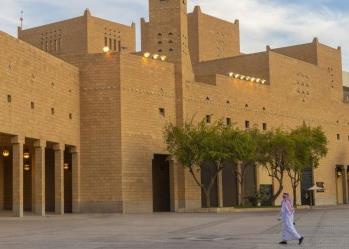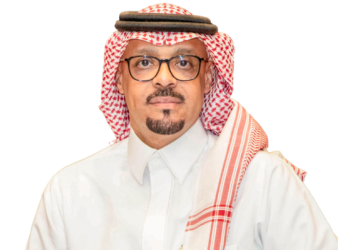
In an exclusive interview with MEED, Remi Lantier, CEO of Degremont, explains why the French water services company is focusing on the regions growing industrial sector
France-based water services company Degremont is planning for the Middle East to form a key part of the groups strategy in the coming years, with the region offering significant opportunities for growth across the water industry.
Degremont is a major player in the global water services sector, currently active in 70 countries and recording total revenues of e1.4bn ($1.9bn) in 2012. While the Middle East was the groups fourth-largest business area in terms of revenue in 2012, the companys CEO Remi Lantier says its growth potential is unparalleled.
The Middle East is more than 10 per cent of our annual turnover, and this is set to growRemi Lantier, Degremont
The Middle East is more than 10 per cent of our annual turnover, and this is set to grow. It is a region that will regularly hit double-digit growth not only in the field of municipal [water services], but also in [the] industrial [water sector], said Lantier, speaking to MEED on the sidelines of the World Future Energy Summit in Abu Dhabi.
Industrial growth
Degremont, a wholly owned subsidiary of the Suez Environment Group, provides equipment and services in desalination, drinking water, municipal wastewater treatment and reuse, and industrial water production. It is also developing technology for biosolid and sludge treatment.
The group has been active in the Middle East since the 1950s and views population and economic growth as factors that will continue to generate demand for both residential and industrial water services.
Right now, about one-third of sales volume for Degremont, and also for Suez Environment, is for the industrial sector. Weve been working, for instance, with Qatar Gas and Qcon [Qatar Engineering & Construction Company] for the Qatar refinery wastewater plant, says Lantier.
We see the long-term development of oil and gas, both upstream and downstream, as key drivers of industrial growth, says Lantier.
Degremont has also been successful in the regions largest projects market, Saudi Arabia. In November 2012, the group was awarded two contracts to supply brackish water desalination plants at 14 sites throughout the kingdom. The facilities will utilise reverse-osmosis technology. This is set to become increasingly prevalent in the regions desalination sector, with Qatar pushing ahead with its first reverse-osmosis desalination plants in 2014.
We are seeing reverse osmosis becoming more and more competitive compared with older technology, says Lantier. It is a very strong technology; it will not stop and, gradually, it will take the very large majority of the new investment in the desalination sector.
The company has also been active in the UAE and Oman. It built the first desalination plant in the UAE emirate of Fujairah and the reverse-osmosis component of the Barka 2 private power scheme in Oman. Degremont also provides solid waste treatment and waste management in both countries. The firms subsidiary, Trashco, handles about 90 per cent of the solid medical waste generated in the UAE.
As a major global player in the water services treatment sector, Degremont is aware of the need to invest in research and development to remain competitive.
We are investing every year about 1-2 per cent of our sales volume on research and development, says Lantier. We dont do research just for the sake of doing scientific research; we really look at the market to adapt and become more competitive.
Lantier says new technologies in the water sector are increasingly being influenced by clients awareness of the environment and interest in sustainable development.
In the past 10 years, there has been a huge shift towards environmental protection from municipal and industrial clients and to provide solutions to their environmental issues. And also [environmental] regulation has been increasing, he says. So you have a convergence of political will, corporate will, image and strict regulation and all this is converging towards a world where solutions are more and more advanced in terms of sustainable development.
Market adaptability
One area where research is increasingly being focused is the treatment of biosolids and sludge, byproducts of wastewater treatment, which with effective processing can offer economic and environmental benefits.
Sludge is becoming one of the major issues worldwide coming from the cycle of water and wastewater. The idea of dumping it in landfill is now showing limits in terms of simply the cost of doing this, says Lantier.
We are now able to create energy from wastewater plants. We would ideally like to have water treatment plants that are creating more energy than they are consuming. The Samara [wastewater] plant we are developing in Jordan will produce close to 100 per cent of the energy it is consuming.
Lantier identifies the ability to adapt to the local market and delivery as key aspects of being successful in the region. Water is one of the most important strategic issues [in the Middle East], so companies must ensure certainty of delivery. It is essential, he says.
You might also like...

UAE builds its downstream and chemicals potential
24 April 2024

Acwa Power eyes selective asset sales
24 April 2024

Bahrain mall to install solar carport
24 April 2024

Aramco extends Karan field bid deadline
24 April 2024
A MEED Subscription...
Subscribe or upgrade your current MEED.com package to support your strategic planning with the MENA region’s best source of business information. Proceed to our online shop below to find out more about the features in each package.








